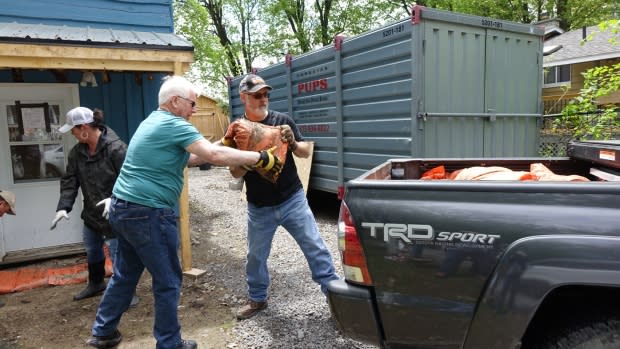Floods expose scourge of illegal cottage conversions

Beverly and Mike Paasila did everything you're supposed to do when you buy a home — they used an agent, paid for a home inspection and hired a lawyer.
But as they found out, none of that protected their dream home from turning into a nightmare.
On April 14, just six weeks after moving into the blue two-storey house on the shore of Mississippi Lake in Carleton Place just west of Ottawa, floodwater began seeping in.
The flood caused both septic tanks to wash back into the home on Townline Road West, creating a toxic slurry of feces, toilet paper and mould from previous flooding, and turning their living space into a hazardous waste dump.
"A total disaster area," Mike Paasila said.

Home condemned
They were in for another unpleasant shock when a municipal building inspector determined the home was illegal because it had been converted from a cottage to a year-round residence without the proper permits, and wasn't up to code for a flood plain.
It's just been a very bad nightmare from the get-go, and nobody's taking responsibility for it. - Beverly Paasila
He concluded the home should be condemned, and gave the couple 30 days to address the serious issues.
The couple hired their own inspector, who agreed the home wasn't livable and would flood again.
"I felt that the house needed to be demolished," Paul Battle told CBC. "It's such a vulnerable house for flooding that it would just happen again very easily."
Now the couple is stuck with a $430,000 house they can't live in. For now, they reside in a camping trailer parked in a friend's yard.
"You think, 'Oh, we're going to retire, it's going to be awesome,' and then it's just been a very bad nightmare from the get-go, and nobody's taking responsibility for it," Beverly Paasila said.
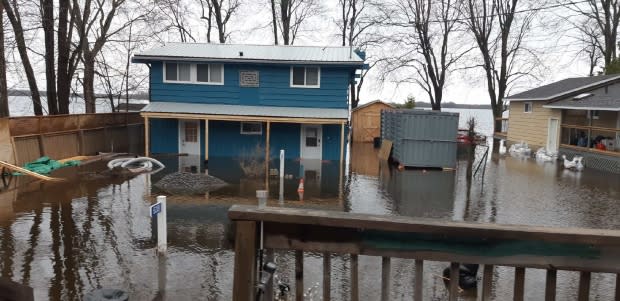
'No flooding issues,' couple told
Before they bought the house, the Paasilas specifically asked the seller's agent about flooding, and in an email they later shared with CBC, Tim Findlay told their agent there were "no flooding issues."
In a separate email, Findlay told CBC he had simply conveyed what he was told by the sellers.
CBC made numerous efforts to contact the previous owners, who moved into the house after the last round of flooding in 2017, but was unsuccessful.
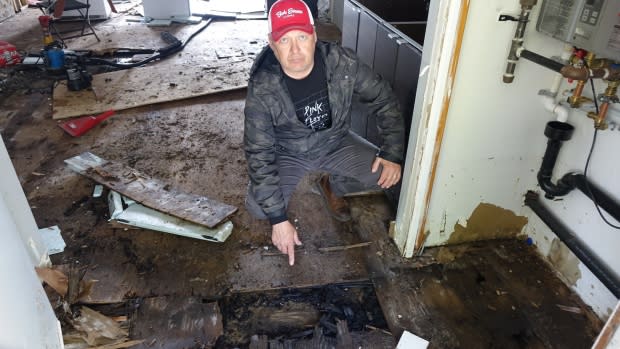
Sally McIntyre, general manager of the Mississippi Valley Conservation Authority (MVCA), said the spring floods have exposed cottage country's hidden problem of illegal home conversions, a problem that sometimes leaves buyers like the Paasilas holding the bag.
Many of the homes affected by this spring's floods were cottages that have been converted to full-time residences without appropriate permits or adequate floodplain protection, McIntyre said.
"Somebody buys a home that they think perhaps received all sorts of approvals that it didn't."
Broker Ralph Shaw, past president of the Ottawa Real Estate Board, calls the Paasilas' situation a "perfect storm" of worst-case scenarios.
"You rely on the building inspectors, you rely on the lawyers for the title searches, and I'm not trying to push it over to them, but I'm saying you can only do so much due diligence," said Shaw, who also employs the couple's agent.
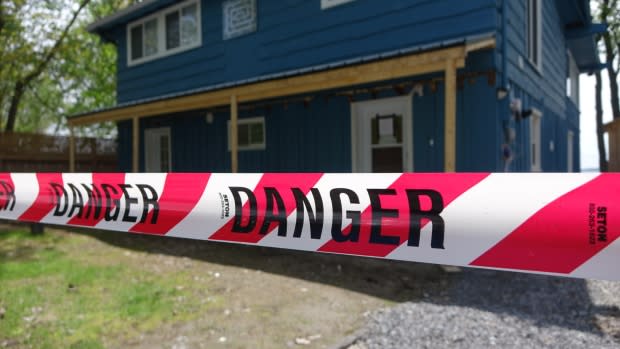
Not a year-round residence
The home the Paasilas bought is a prime example.
It was listed as a home "that can be enjoyed year-round," but previous owners never obtained the permits or met the building code standards necessary to upgrade a summer cottage to a year-round residence.
In 2006, MPAC, the provincial agency responsible for assessing property values, classified the home as a year-round residence, but MPAC confirmed its assessments are based on how homes are being used, and aren't meant for "determining the legality or permitted use of a property as a year-round."
McIntyre said the conservation authority is recommending the province require all titles for homes on flood plains come with a warning.
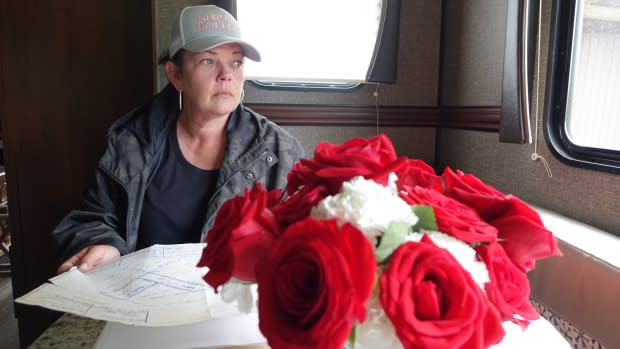
The Paasilas don't know what to do next. Mike, a military veteran who served in Bosnia and is being treated for post-traumatic stress disorder (PTSD), had hoped living by the water would be good therapy in his retirement.
Instead, the catastrophe is taking its own toll on his mental health.
"It's just turned our lives upside down," he said.
